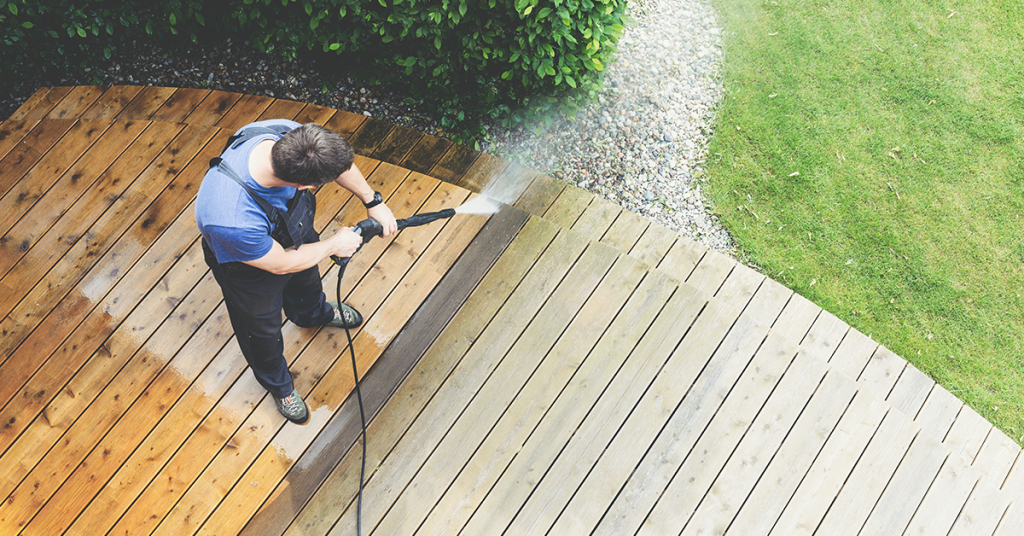The Ultimate Guide to Pressure Washing
Pressure washing: Exploring a popular option for cleaning.
Are you looking for a way to spruce up your home or business? Pressure washing is the perfect solution! It will remove dirt, mold, mildew, and even insects that have built up on surfaces. There are many different kinds of pressure washers available in the market today.
Pressure washing is when water at high pressures (usually over 2000 pounds per square inch) blasts dirt, mold, mildew, insects off surfaces that need cleaning.
The best pressure washers are well-built, offer versatile features for multiple application needs, and have a good warranty period.
You can also get a pressure washer with an electric motor or one that is gas powered. The best ones have pumps and motors made from stainless steel, which will last longer than those of lower quality.
Pressure washer with an electric motor is good when it comes to cleaning large areas. It is also more cost-effective than a gas powered pressure washer, as an electric power source will be cheaper in the long run.

Gas powered pressure washers are more powerful and will produce a higher pressure than electric ones. However, they do not always come with an engine driven pump/engine or have the same capacity to clean large areas as their electric counterparts.
The most important thing that you should do when using your new purchase of a pressure washer is read and follow all instructions for use on its label before operating it. This way you can avoid any potential hazards or accidents from occurring during operation by following these safety guidelines which are written out specifically for your convenience!
Do not use a pressure washer if you are pregnant or have open wounds. Some surfaces that should never be cleaned with water under high pressures include asphalt, stone cladding, and galvanized steel. These types of materials will corrode after repeated exposure to the moisture in the cleaning process.
Lastly, make sure your area is well ventilated before operating because these machines create strong vapors as they operate which can cause dizziness when inhaled directly into lungs or irritate eyes!
…


